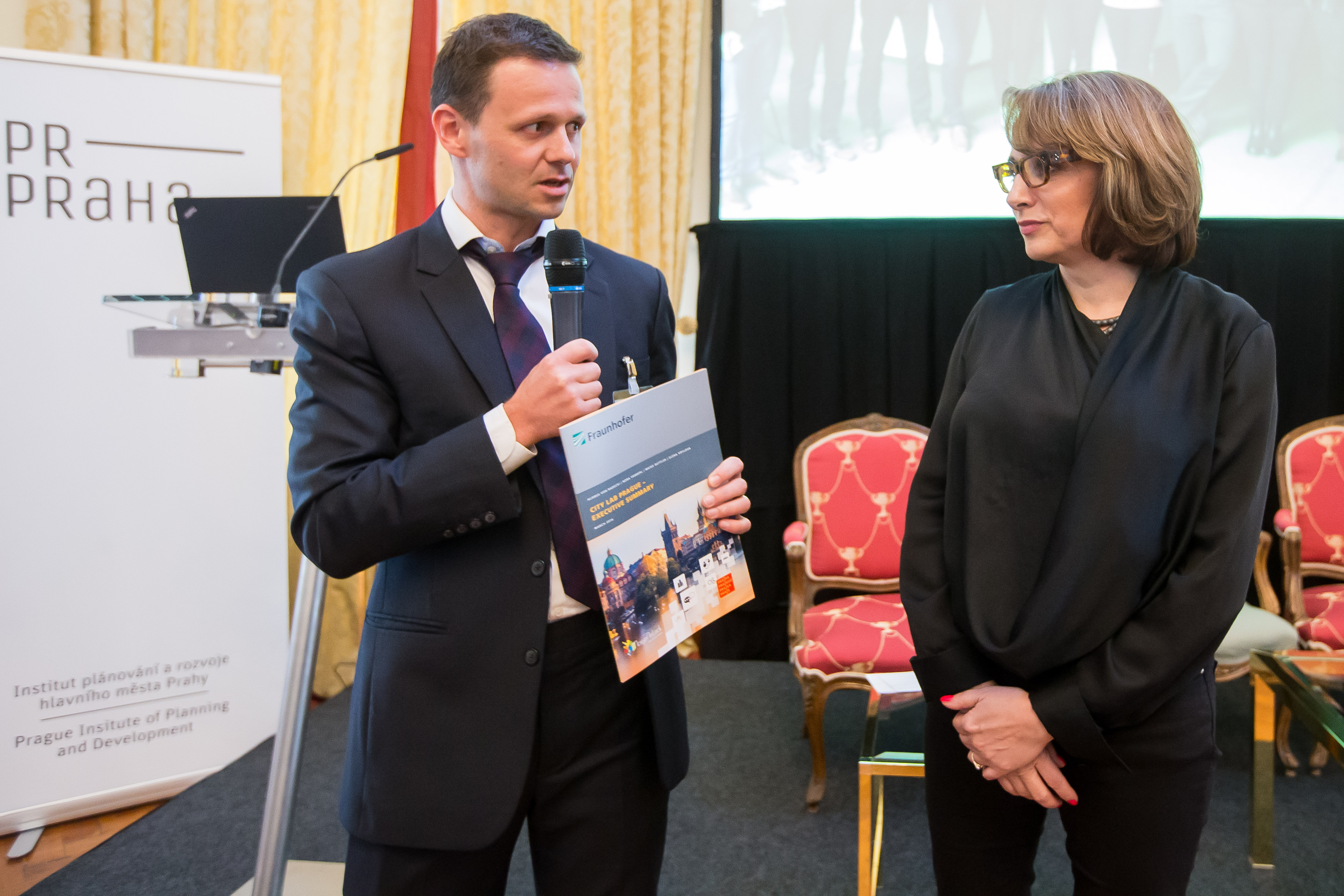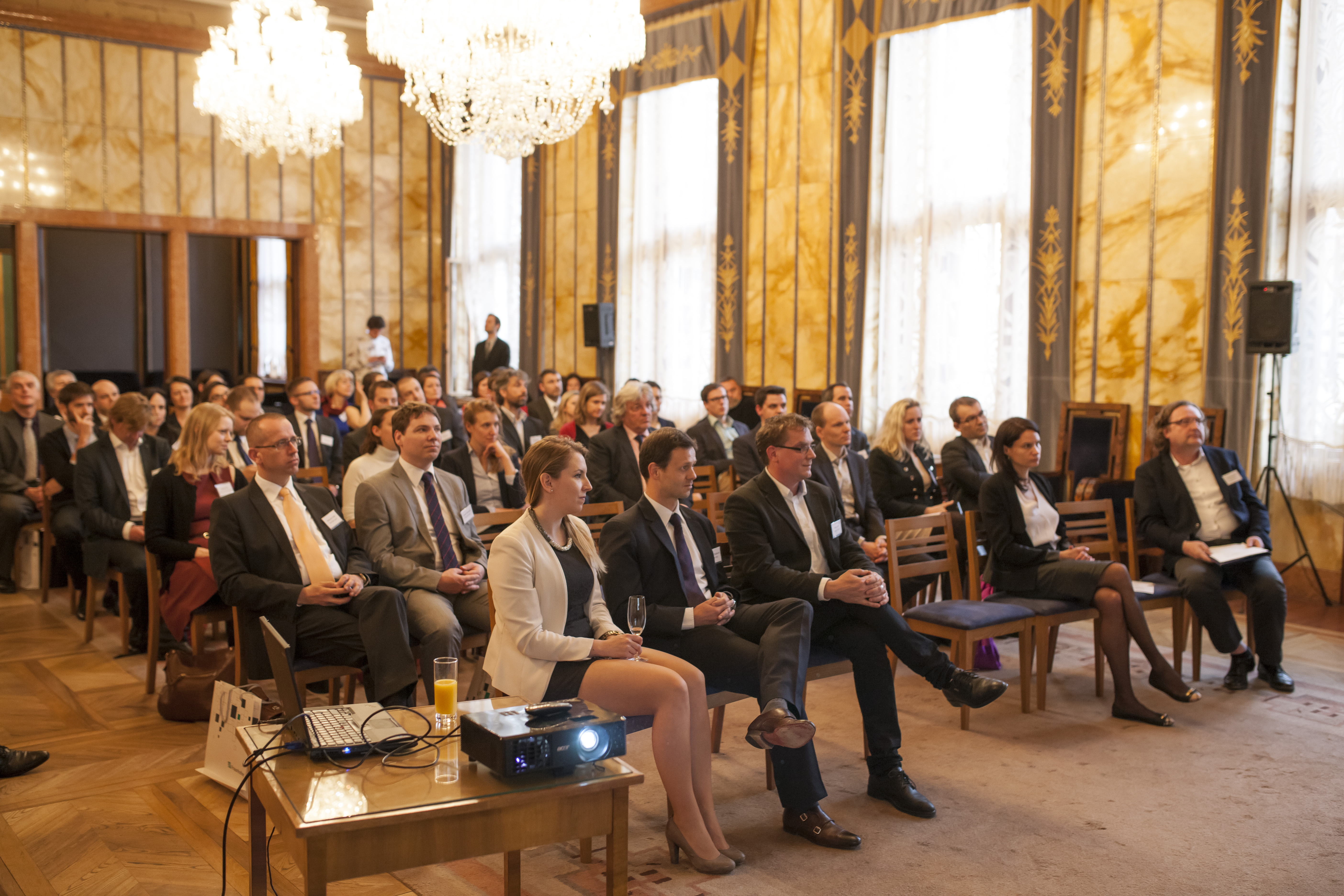
City Labs

Why do CityLabs?
The world is changing rapidly. Pressures from digitalization, climate change and resource scarcity, just to name a few, are already being felt in cities and municipalities. Yet this rapid transformation also presents a range of opportunities. Some cities are faring better than others in this environment and one important factor relates to the city’s ability to break from the past and embrace new ways of doing things. This necessitates a willingness to embrace trial and error as the city becomes a space for experimentation.


What do Tbilisi, Chemnitz and Lisbon have in common?
The cities of Prague, Lisbon, Chemnitz, Tbilisi and Berlin TXL have all taken part in a CityLab. Within CityLabs, the aim is to develop an over-arching systemic understanding of how the city functions. Working in close collaboration with local stakeholders, the interdisciplinary research team uses quantitative and qualitative methods to identify key challenges and areas for intervention. Based on the findings, an integrated roadmap to achieve smarter and more sustainable urban development is developed collaboratively with the city.
How does the City Lab work?
During the early stages of the project, a Morgenstadt team of experts enters into dialogue with their onsite counterparts. Here, important data is collected and key city documents are analysed, with information plugged into the Morgenstadt framework as an assessment mechanism to gauge the status quo of systems and highlight key areas for intervention.
As part of an intensive “onsite assessment” the team conducts interviews with key stakeholders in the city ranging from city council members, department heads and utility operations; to private companies, research professors and NGO representatives. The grounded and applied research approach utilizes a range of Morgenstadt tools. Based on the findings of the analysis, concrete projects are conceptualised collectively with local stakeholders and developed as part of a strategic roadmap for the future urban development in the city.
Further information for download
Morgenstadt City Labs
Here you can find further information about the Morgenstadt city labs as PDFs for download.
>>Morgenstadt City Lab - Lisbon | PDF 5,45 MB
>>Morgenstadt City Lab - Prague | PDF 8,20 MB